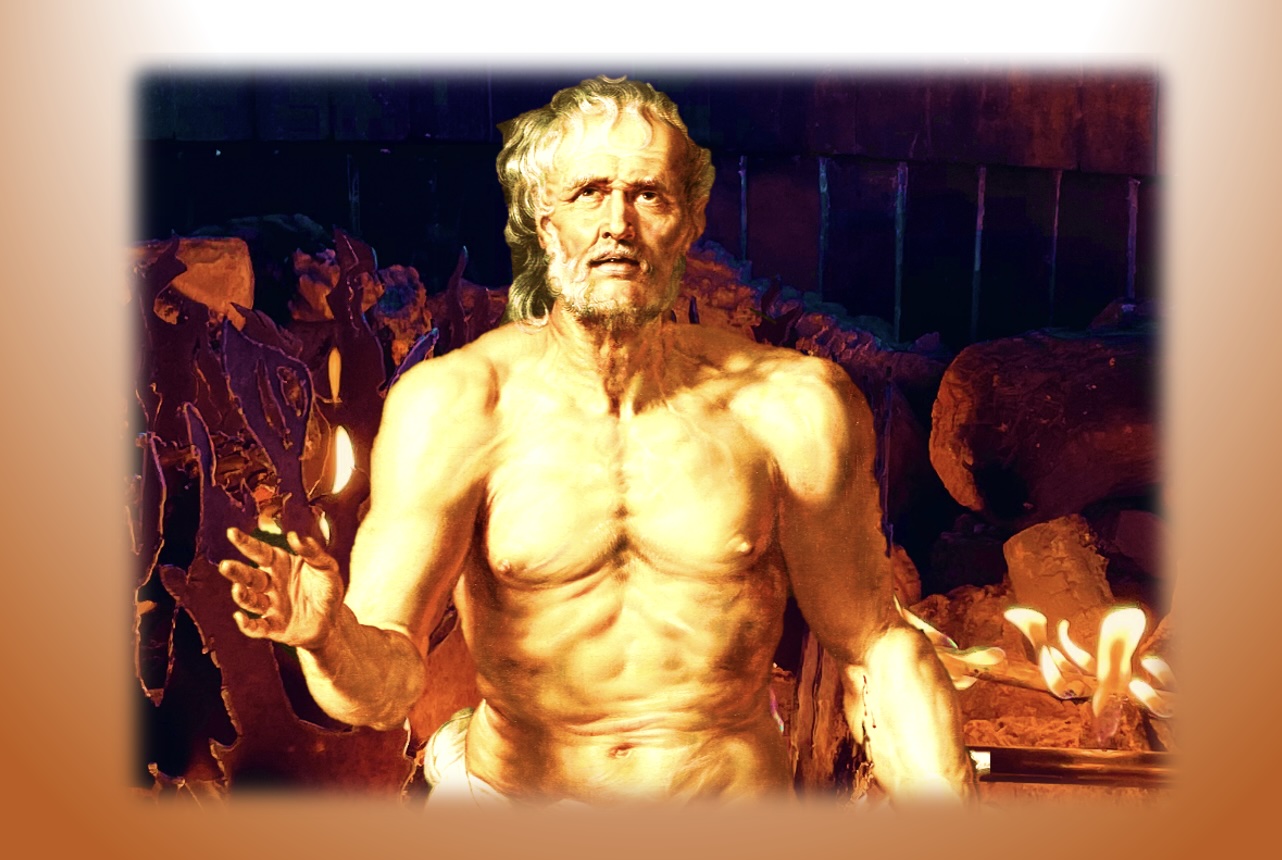Human existence is precarious. Our vulnerability demands that we be intelligent and moral. If we were indestructible, we would not need to be prudent, courageous or kind. But fragile, mortal beings should strive to be smart, brave and compassionate.
These are the moral lessons of disaster. And we are learning them again as fires rage in Southern California. We must stop the flames and comfort the afflicted. Once the smoke clears, we ought to ask what we can learn about living well in a flammable world.
Let’s begin with intelligent action: Intelligence offers the best protection from adversity and bad luck. As America’s philosopher of democracy John Dewey once said, “Luck will always be with us. But it has a way of favoring the intelligent and showing its back to the stupid.”
Intelligent animals engage the world with creative ingenuity, while unintelligent beasts fail to adapt to misfortune. Dumb brutes keep beating their heads against the wall. But intelligent beings identify problems, understand causality and respond with imagination.
Gov. Gavin Newsom responded to this problem in a letter he wrote to President-elect Donald Trump, inviting him to visit the fires currently ravaging Southern California.
“We must not politicize human tragedy or spread disinformation from the sidelines,” Newsom wrote. This was apparently in response to Trump’s false claims about how California water policy supposedly contributed to the conflagrations.
Human intellect is amazing. We have produced complex systems of knowledge and tools which have allowed us to master misfortune. One remarkable fact about the L.A. fires is that (thankfully, so far) many people escaped the flames. Without our communications infrastructure and other technologies, including modern firefighting, things could have been worse.
Our intelligence has allowed us to dominate much of the earth. When the earth bites back, we need to adapt with further intelligent action. It is not smart to build — or rebuild — fragile houses in vulnerable areas. And we have also, frankly, not been wise about development and climate change. Future generations may wonder why, despite our intelligence, we are often so dumb.
Our stupidity is linked to a larger epistemic crisis. Expertise and knowledge are devalued and politicized. Misinformation and disinformation proliferate. Polarization and distrust make it difficult to achieve consensus.
Getting smarter will require cultural, political and ethical change. The epistemic crisis is a political and cultural crisis as well as a moral problem. To make intelligent decisions and prepare for future emergencies, we need to solve our social and political dysfunction. We need a better understanding of science and more critical thinking. We also need a healthy dose of common sense.
Disasters are occasions for clarifying our values. The Stoic philosopher Seneca said, “disaster is virtue’s opportunity.” He meant that when disaster strikes. our moral fiber is tested, and our virtues and vices are revealed. Misfortune demands that we demonstrate who we are and what we value.
It is encouraging, in this regard, to see outpourings of compassion and kindness, as the fires rage. Natural disasters inspire a kind of “There but for the grace of God go I” humility and empathy. No home is absolutely disaster-proof; fire is an indiscriminate destroyer. The morality of the Good Samaritan and the Golden Rule obviously apply in cases like these.
Compassion and care are obviously needed in a disaster. That’s why it is alarming to see opportunists take advantage of misfortune. Looting and price-gouging pile wickedness on top of calamity. And it is shameful to score cheap political points while the flames still burn.
Natural disasters ultimately remind us of perennial wisdom about wealth and possession. Everything we own, and everyone we love, will eventually fade away. So it is wise not to cling. It is better to acknowledge the fundamental impermanence of things. Enjoy what you’ve got, cherish what is irreplaceable, but bravely prepare to lose what was never truly yours to begin with.
The lessons learned from disaster apply across the whole of life. Intelligent beings should prepare for the worst, while developing our better angels. It is prudent to prepare a “go bag.” In this combustible world, we also need ethical and spiritual preparation. Nothing lasts forever. But virtue is more durable than any finite, flammable good.
Read more at: https://www.fresnobee.com/opinion/readers-opinion/article298650503.html#storylink=cpy


